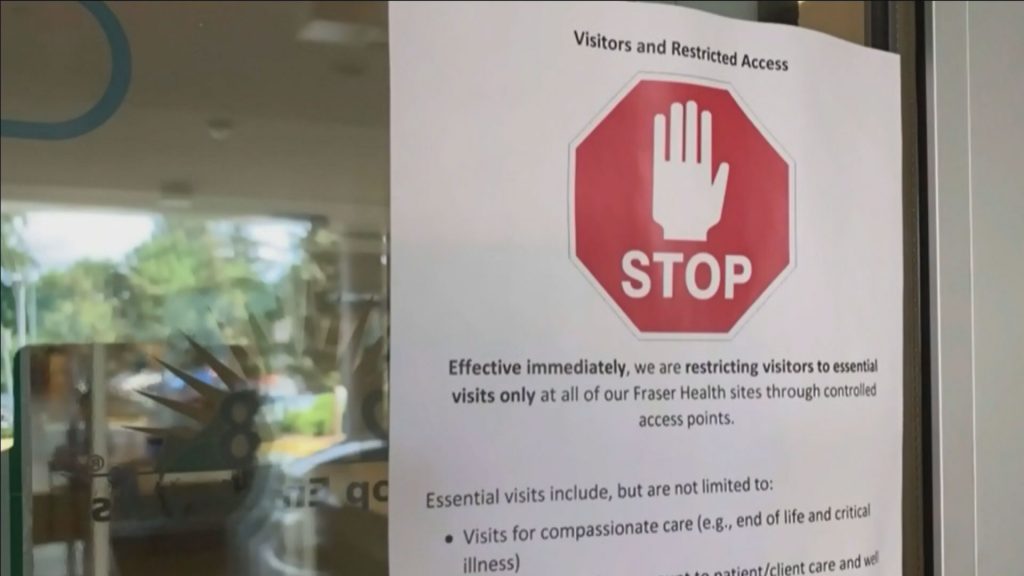
A Saskatchewan First Nation is denouncing a video that circulated online on Monday claiming that the military was in the community vaccinating people for COVID-19 against their will.
Black Lake, a Denesuline First Nation, located 1,025 km north of Saskatoon, says on Monday, a video circulated online of a man and two women making the claim and that women and children were hiding in the bush.
Black Lake chief and council have since released a statement stating the video is false and “careless.”
“Forced vaccination is not part of the Black Lake First Nation COVID-19 strategy. Black Lake First Nation strongly supports the personal choice and freedom to choose to be vaccinated or remain unvaccinated,” the statement from the band reads.
“The video is not representative of the vaccination efforts in Black Lake first Nation, Saskatchewan.”
The First Nation further asks for concerned citizens to refrain from contacting the band about the video as they are “exhausting its resources.”
The Athabasca Health Authority (AHA), which provides health services to Black Lake, likewise released a statement that the claims in the video are false and that COVID-19 vaccinations in the community are increasing by the day.
It states that as of Oct. 15 there are no active cases of COVID-19 in Black Lake or the AHA region.
The man in the video as well as the person responsible for its circulation is Pat King, who claims to be an investigative journalist on his Facebook page.
King has since released another video apologizing for not properly vetting the information in the video.
Bigger issues at hand
On Oct. 8 a tuberculosis outbreak was declared in Black Lake. AHA has since announced the outbreak is now under control.
AHA data shared with APTN shows 22 per cent of people 12 and up in Black Lake are fully vaccinated against COVID-19.
There are currently 1,662 active cases of COVID-19 on First Nations reserves. The federal government says it won’t release information on individual communities.
Federal government numbers show the rate of reported active cases of COVID-19 in First Nations people living on-reserve is rising. It is currently 417.5 per 100,000, or 4.2 times the respective rate in the general Canadian population, up from its lowest point during the first week of August at 84.2 per 100,000.
Indigenous Services Canada (ISC) is aware of 687 communities with vaccinations underway.
ISC data shows 795,121 doses have been administered, 352,434 of which were second doses in individuals aged 12 and up.
There are several outbreaks across the country including the Northwest Territories where Ottawa has announced that its sending help to contain the virus.









